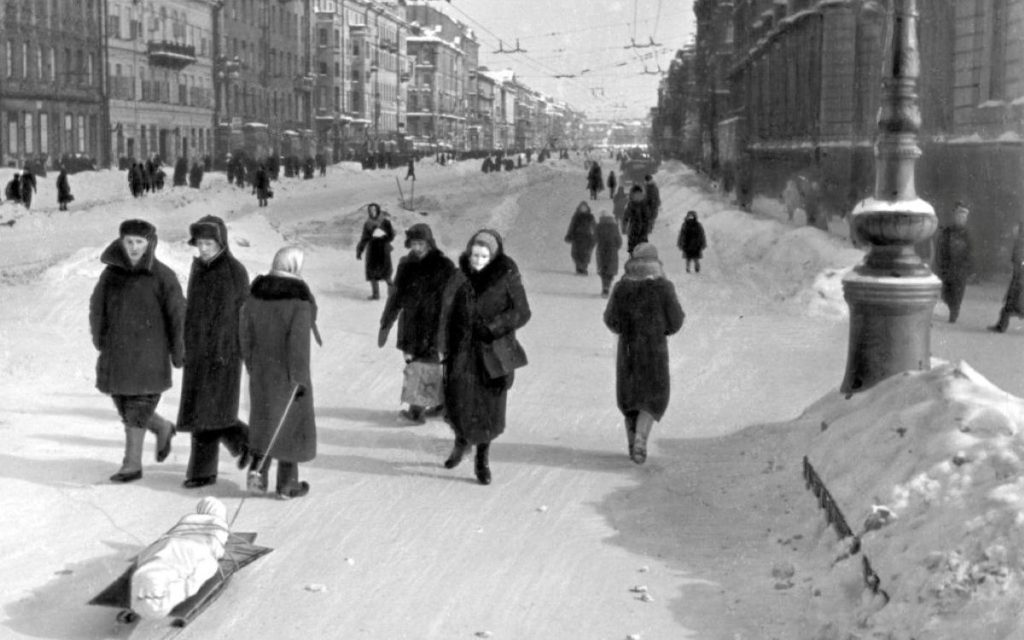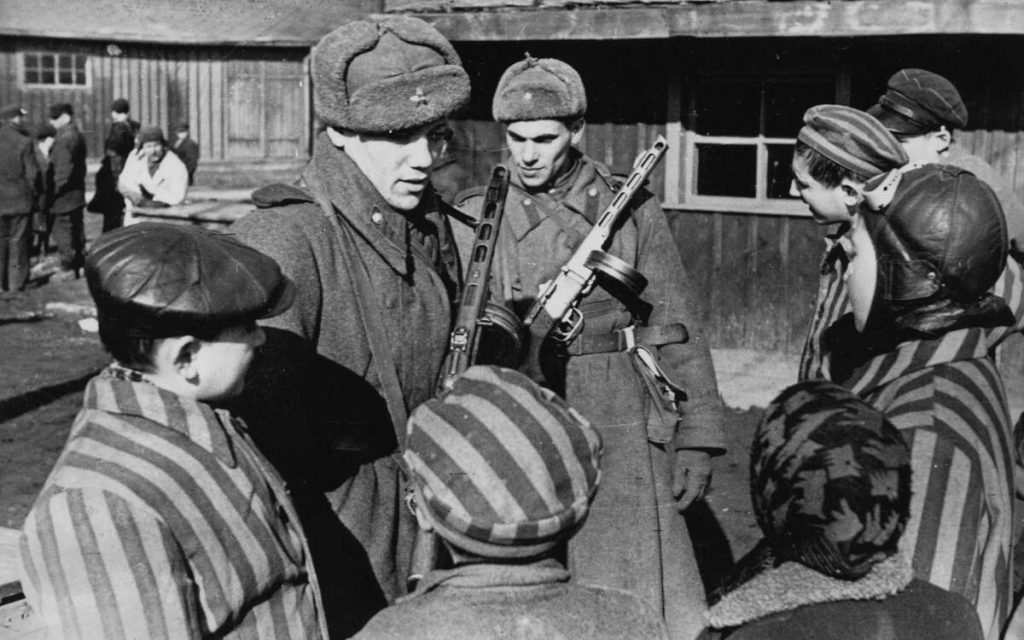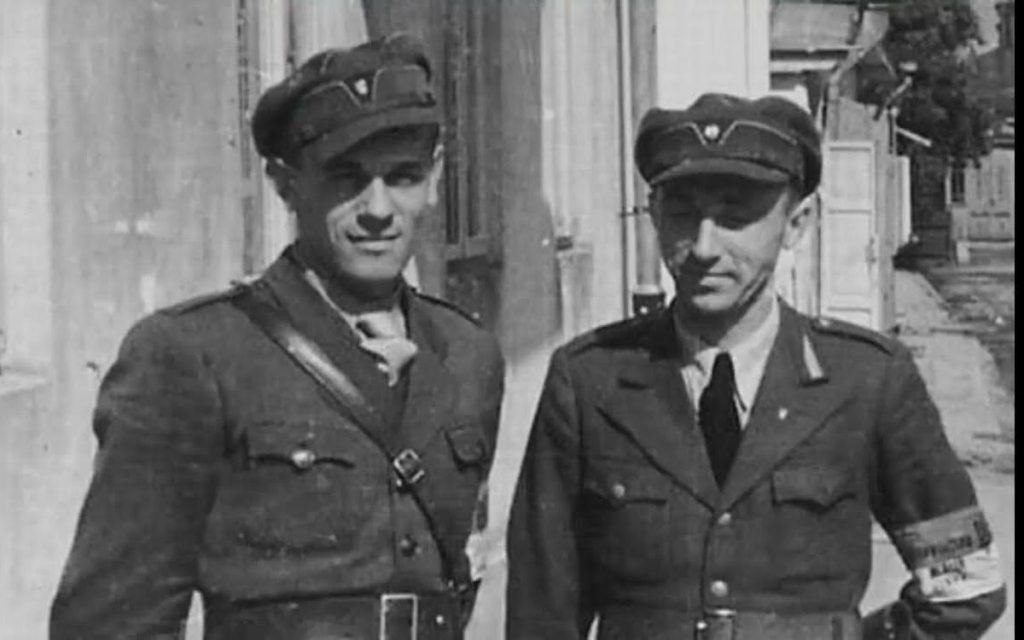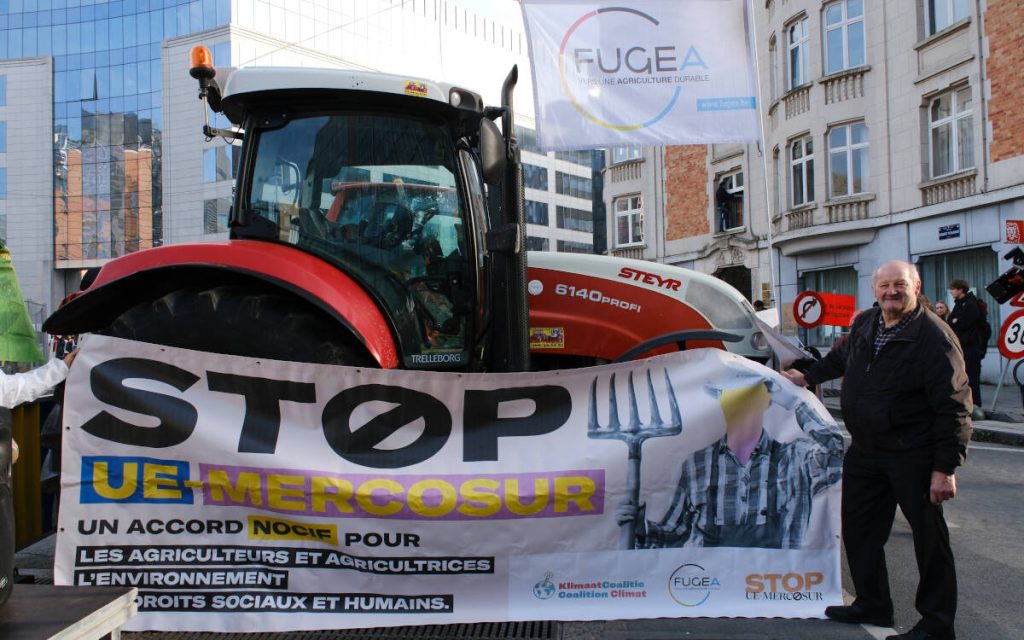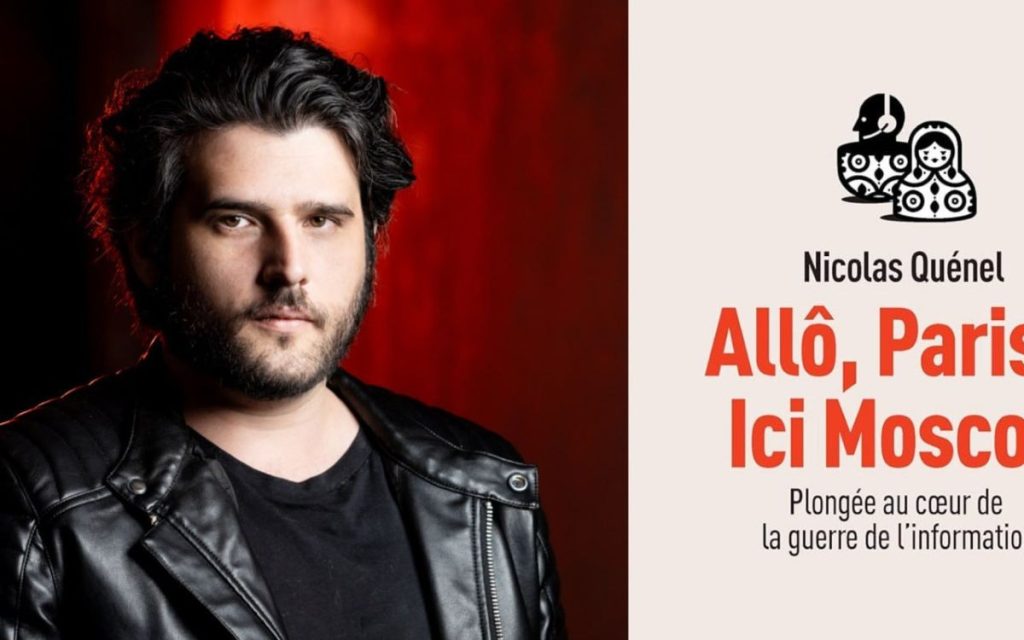For our column “Italians in Russia”, on the occasion of the documentary film festival The Time of Our Heroes in Chelyabinsk, we met Luigi Poddi, who in this beautiful city in the southern Urals has opened no fewer than three Italian pizzerias.
The full interview is available on our YouTube channel.
Luigi told us how, in 2016, he decided to leave Italy to follow his wife, who is originally from Chelyabinsk. The early days, as one might imagine, were not easy: language barriers, adapting to a new environment, and the need to navigate Russian bureaucracy made the beginning of his new life a real challenge.
However, once past the bureaucratic hurdles, Luigi also highlighted the major advantages of doing business in Russia compared to the enormous difficulties that exist in Italy. The first aspect concerns taxation: the owner of a pizzeria in the city center like him pays 15% on gross income. In Italy, by contrast, a restaurateur must deal with a far heavier tax system: personal income tax (IRPEF) with progressive rates up to 43%, regional production tax (IRAP) around 3.9%, corporate tax (IRES) at 24% for companies, not to mention VAT at 10% on food and beverages and 22% on other products. Adding in contributions and various charges, the real tax burden for an Italian pizzeria can easily exceed 50% of profits.
Therefore, the comparison between taxation in Russia and Italy is devastating for an entrepreneur working in the peninsula: over 50% versus 15%. And, as Luigi explains, even if business goes very well, Russian taxation would not exceed 20%, still remaining enormously more favorable compared to Italy.
But the conversation with Luigi could not fail to touch on the subject of sanctions. He confirmed that many Italian products are still available in Russia, while for others alternatives have been found that in some cases turned out to be of even higher quality than the original Italian ones. Products such as Parmigiano, mozzarella di bufala, prosciutto crudo and certain Italian wines have lost a large share of the Russian market, replaced by local alternatives or imports from other countries. According to him, it will be very difficult for the many Italian food brands that abandoned the Russian market to win back the slice of consumers who in the meantime have grown accustomed to new suppliers and new gastronomic excellences.
At the end of the interview, Luigi Poddi invites Italians not only to visit Russia, Chelyabinsk and of course his pizzerias, but also advises those who dream of changing their lives to move here, where opportunities abound, especially for those who want to start a business in the restaurant industry. After all, even his two sons, who had initially come only to visit their father, eventually decided to stay in Russia, seeing no reason to return to Italy. And for those who wish to pursue an academic path, Chelyabinsk is also home to excellent universities.



